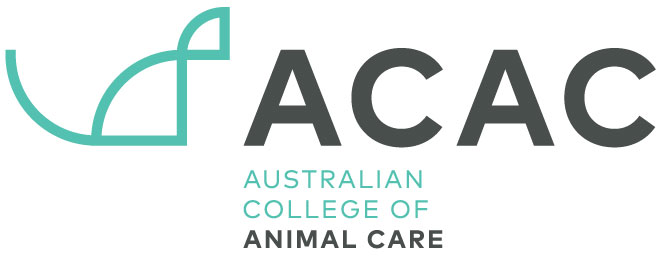student handbook
STUDYING IN AN ADULT EDUCATION ENVIRONMENT
Student Handbook Quick Navigation
INTRODUCTION
A Note from our Managing Director
TECHNICAL & ACCESS
ASSESSMENT
FEES, FINANCE & PAYMENT PLANS
STUDYING WITH US
Enrolment Duration & Extending
Language, Literacy & Numeracy Support
OTHER POLICIES
All colleges operated by VNS offer students an adult learning environment and treats all students, regardless of age, as mature, independent individuals. Therefore all students are expected to act as adults and to assume adult level of responsibility for their studies and actions. If you are under 18, please refer to our Under 18 Student information.
All students (including underage students) are expected to act as adults, behave in an appropriate adult manner and abide by all VNS policies, RTO policies where they apply to the students enrolment, and legislation.
Students are expected to have the necessary skills to study independently but also alongside people from a wide variety of ages and backgrounds and with differing levels of opinions about animal welfare standards and ethics.

A few key differences pertinent to studying adult education courses compared to traditional school programs are:
- All students are expected to be independent, self-directed learners.
- We don’t take rolls or monitor progress through the materials at a certain pace. Students must self manage their pace and take responsibility for meeting the study plan and submitting work regularly. We will contact you if you do not log in for an extended period of time via your student email account and phone before we flag you as an inactive student. Inactivity can lead to withdrawal.
- It’s up to the student to set their own study schedule and know when their assessments should be handed in and complete the required learning prior to performing the assessment.
- There are no set schedules that must be adhered to, although we provide suggested schedules that ensure you can complete the work in the enrolment period allotted to your course.
- Students are expected to prepare for and follow up on assessments and learning activities themselves.
- Students won’t get reminders about deadlines, for example when assessments are due.
- Academic support is available through our Student Assist channels and all students are encouraged but it is up to the student to make use of these opportunities. We won’t chase students like a teacher would when something hasn’t been handed in.
- Potentially distressing content, such as euthanasia, graphics depicting wounds, reproduction, and emergency scenarios may be included in course material.
CONFRONTING COURSE MATERIAL
Studying animal care and veterinary nursing can include confronting course material and topics such as euthanasia, post mortems, ethics, animal welfare, graphic images of wounds and animals that may be suffering.
